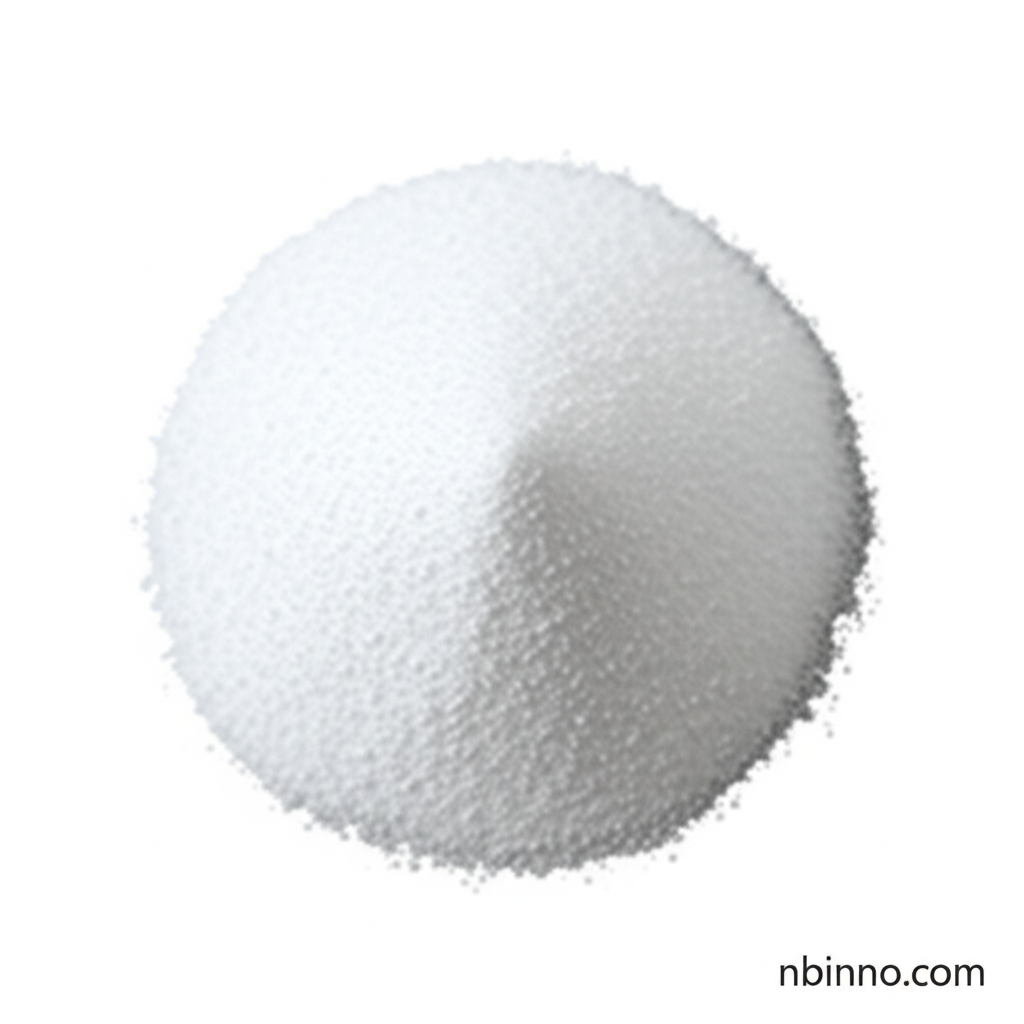Understanding Pioglitazone Hydrochloride: A Comprehensive Guide to its Applications and Benefits
Discover the pharmaceutical value of Pioglitazone Hydrochloride in managing type 2 diabetes and improving insulin sensitivity.
Get a Quote & SampleProduct Core Value

Pioglitazone Hydrochloride
Pioglitazone Hydrochloride is a critical pharmaceutical intermediate renowned for its role as a selective PPARγ agonist. It plays a vital part in enhancing insulin sensitivity, a key factor in managing type 2 diabetes. Its ability to modulate glucose and lipid metabolism makes it a significant compound in the pharmaceutical industry.
- Explore the various uses of Pioglitazone hydrochloride to understand its therapeutic potential in modern medicine.
- Delve into the specific chemical properties of Pioglitazone hydrochloride and its molecular structure, crucial for accurate formulation.
- Learn about the Pioglitazone hydrochloride mechanism of action, focusing on its interaction with PPARγ and its impact on insulin resistance.
- Understand the recommended Pioglitazone hydrochloride dosage and administration guidelines for effective therapeutic outcomes.
Key Advantages
Enhanced Insulin Sensitivity
As a selective PPARγ agonist, Pioglitazone hydrochloride significantly improves the body's response to insulin, a core benefit for type 2 diabetes management.
Metabolic Regulation
This compound aids in regulating glucose and lipid metabolism, contributing to better overall metabolic health for patients dealing with insulin resistance management.
Pharmaceutical Intermediate Role
Its status as a vital Pioglitazone hydrochloride intermediate underscores its importance in the synthesis of advanced pharmaceutical treatments for endocrine disorders.
Key Applications
Type 2 Diabetes Treatment
Pioglitazone hydrochloride is extensively used in the treatment of type 2 diabetes, offering a reliable solution for patients struggling with hyperglycemia and improving their Pioglitazone hydrochloride applications.
Insulin Resistance Management
Its mechanism directly targets insulin resistance, making it a valuable tool for healthcare providers managing patients with conditions related to poor insulin utilization, a key aspect of what is Pioglitazone hydrochloride used for.
Research and Development
The compound is also a subject of ongoing research, exploring its potential in other metabolic and inflammatory conditions, highlighting its broad Pioglitazone hydrochloride research significance.
Pharmaceutical Synthesis
As a critical building block, it supports the development and production of various antidiabetic drugs, solidifying its role as a key Pioglitazone hydrochloride intermediate.
